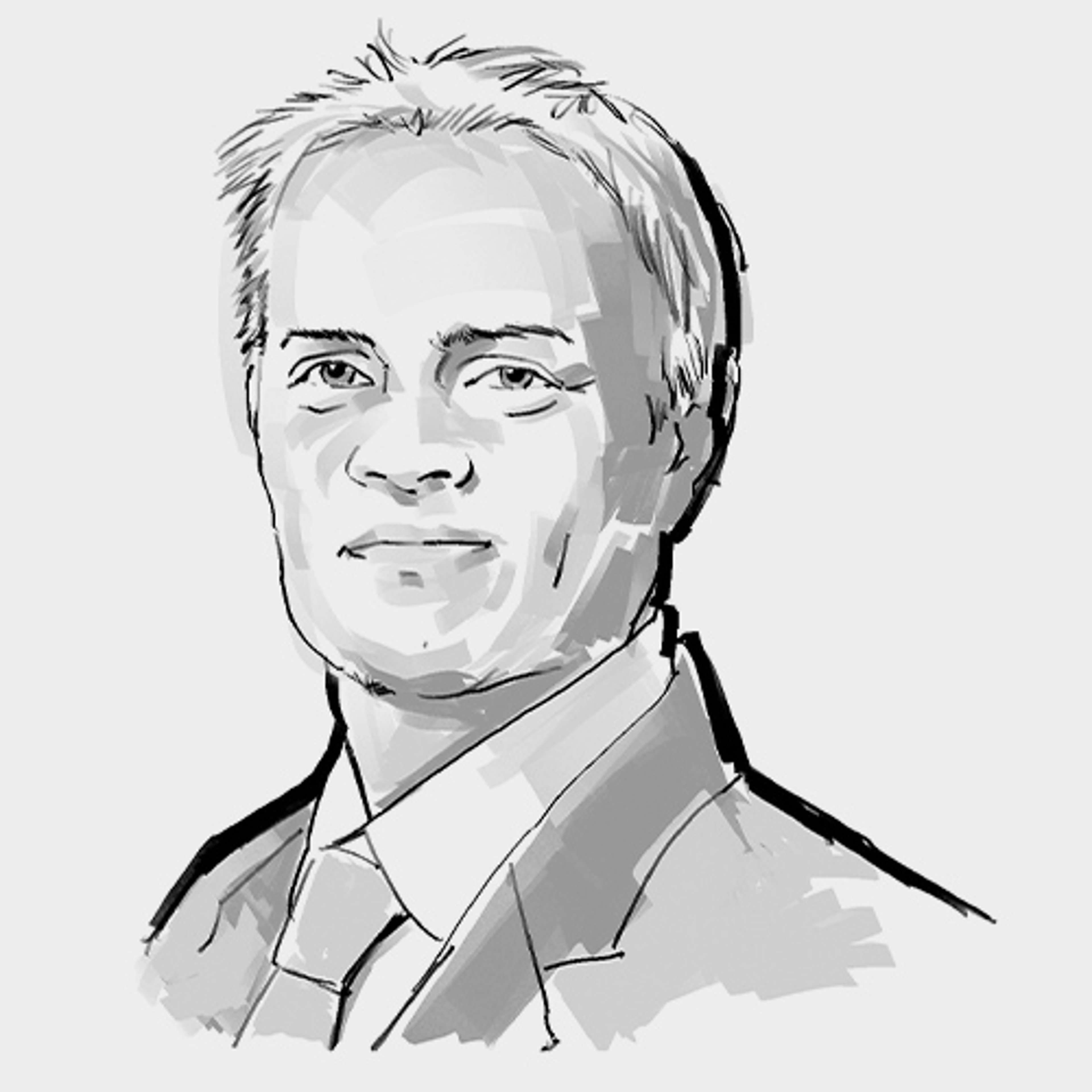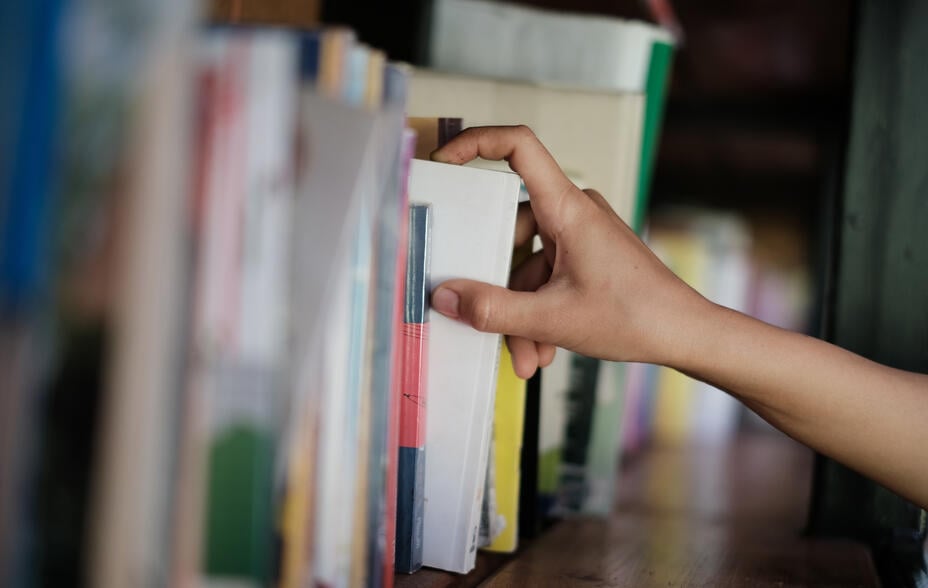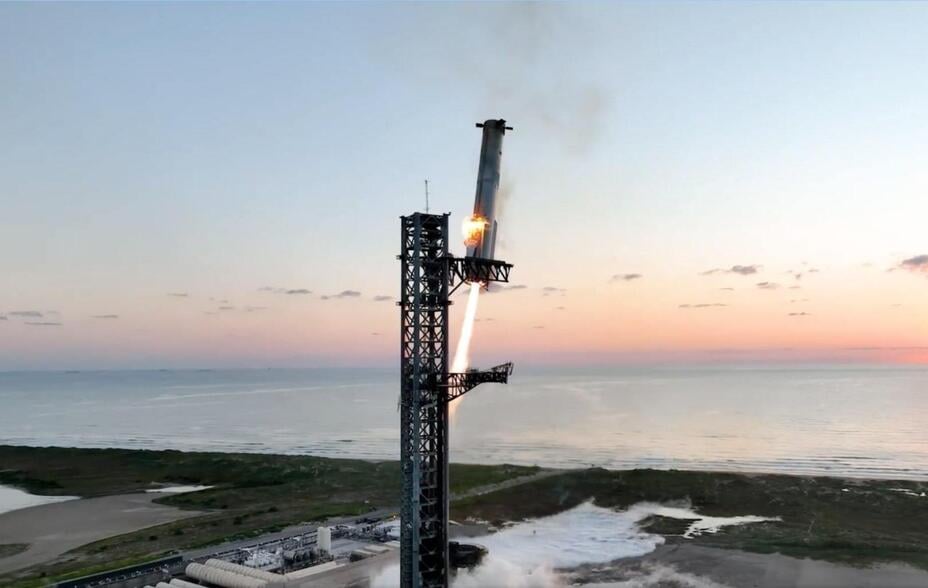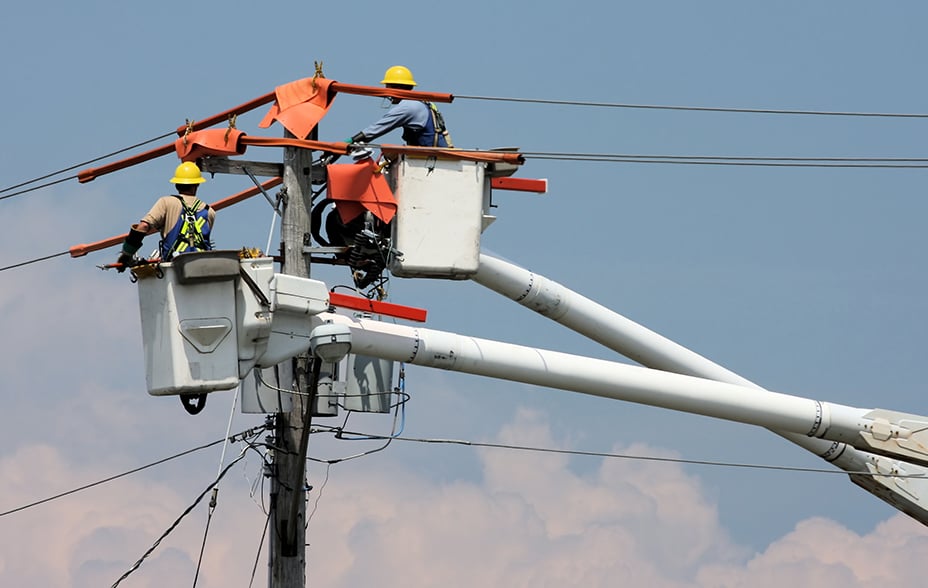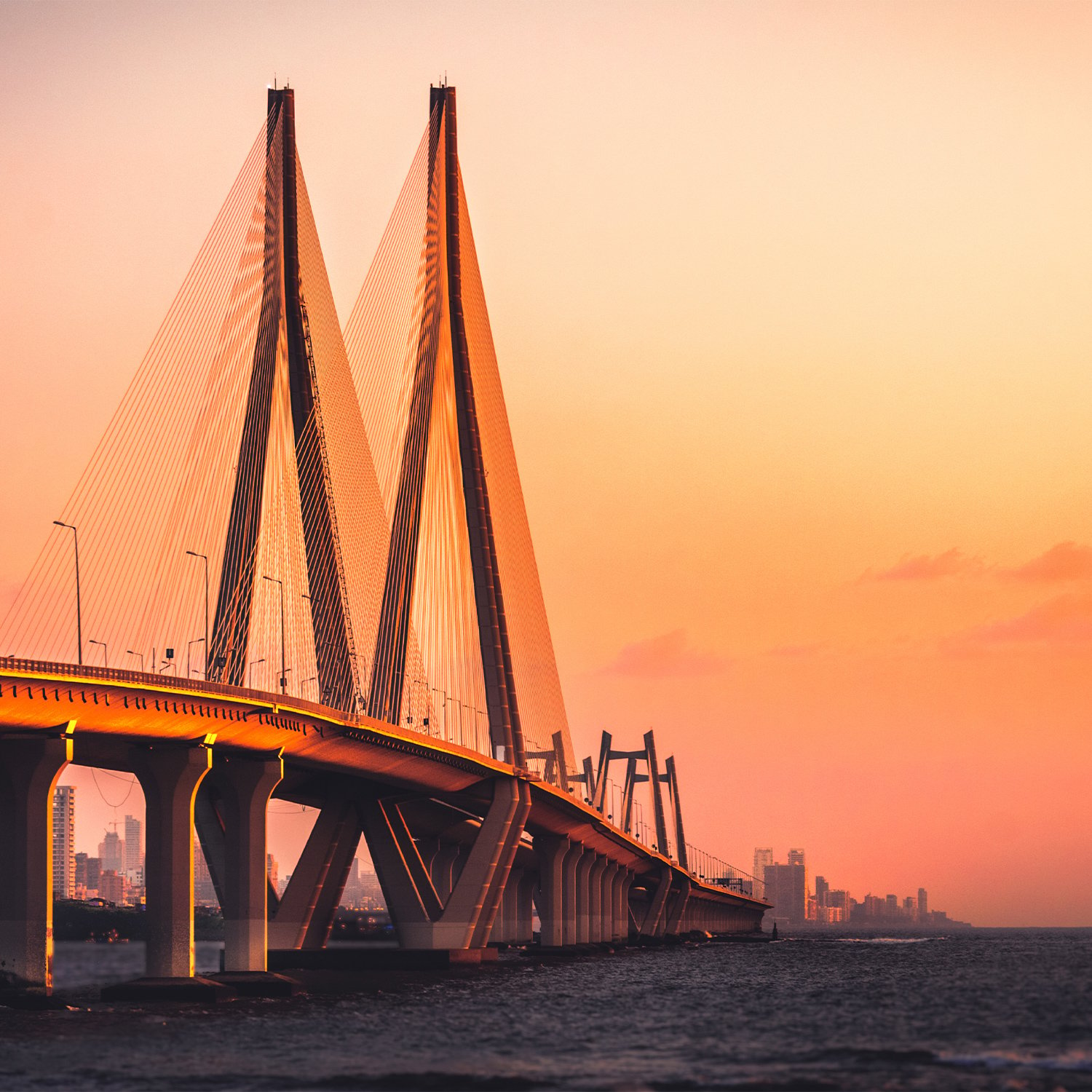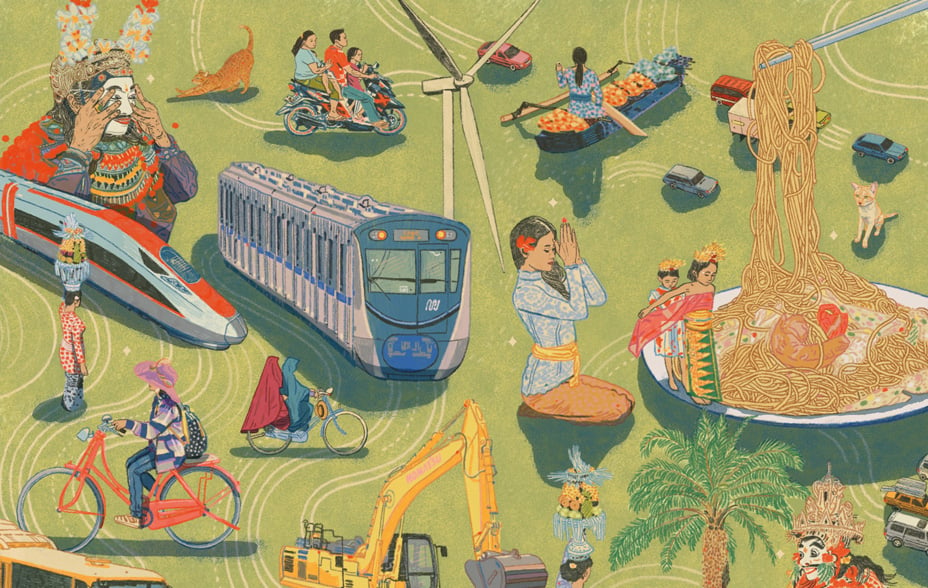
Please remember that the value of an investment can fall and you may not get back the amount invested. This article originally featured in Baillie Gifford’s Spring 2023 issue of Trust magazine.
In 1910, a Dutch colonial engineer discovered nickel deposits on the island of Celebes (now Sulawesi). The Imperial Japanese Army invaded in 1942, partly to lay hands on the metal to sustain its wartime industry. Now Indonesia mines more nickel than the next three biggest producing nations put together.
By country allocation, Indonesian companies were Pacific Horizon’s best performers in 2022. Our increasing conviction in them partly comes from how its government maximises the potential of its bountiful raw materials. These include commodities essential to the global transition to low-carbon technologies.
The world’s fourth most populous country is benefiting from a global boom in the resources it possesses in plenty. Beyond nickel, they include oil, copper, cobalt, bauxite, palm oil and rubber. The ‘green transition’ would be almost impossible without copper’s conductive properties, for example. Engineers use it to make solar, wind and hydro systems more efficient. They use cobalt to produce wind turbine magnets and to make biogas.
The abundance of cobalt and nickel makes Indonesia a key link in the electric vehicle (EV) battery supply chain. Its politicians have long cultivated good relations with the west and China, expanding the range of potential customers.
Indonesia’s president Joko Widodo, or Jokowi as he’s known, has also encouraged a shift up the value chain via an unorthodox method. Following his election in 2014, he banned some unrefined raw material exports, starting with nickel ore. This forced foreign companies to process the resources within local industrial parks so that Indonesia could accrue more value from its natural resources.
Companies in our portfolio, such as Merdeka Copper Gold, support this shift. Merdeka is developing a nickel project in southeast Sulawesi, involving a mine and two new nickel smelters, in partnership with a Hong Kong-based battery maker. The Indonesian miner’s management has a strong track record, and it’s backed by well-connected shareholders.
Merdeka and other holdings, including Nickel Mines and Vale Indonesia, showcase the country’s green commodities potential. Although Indonesia is a major greenhouse gas emitter because it burns domestic coal for energy, it is aggressively promoting its potential for investments in hydro, wind, solar and geothermal power and its commitment to net zero emissions by 2060.
So far, President Widodo’s commodities policy has attracted $25bn in overseas investment. China’s CATL and South Korea’s LG Energy are among companies building local processing plants. And the government is in negotiations with Tesla about building a car-making ‘gigafactory’, having already signed a $5bn deal to supply the electric vehicle maker with nickel products.
We see more foreign direct investment coming to places such as the industrial park at Tanah Kuning. Its construction in Borneo covers 30,000 hectares – the same area as the entire city of Edinburgh. It will be the world’s largest such site powered by renewables (hydroelectricity and solar power) and will specialise in battery production.
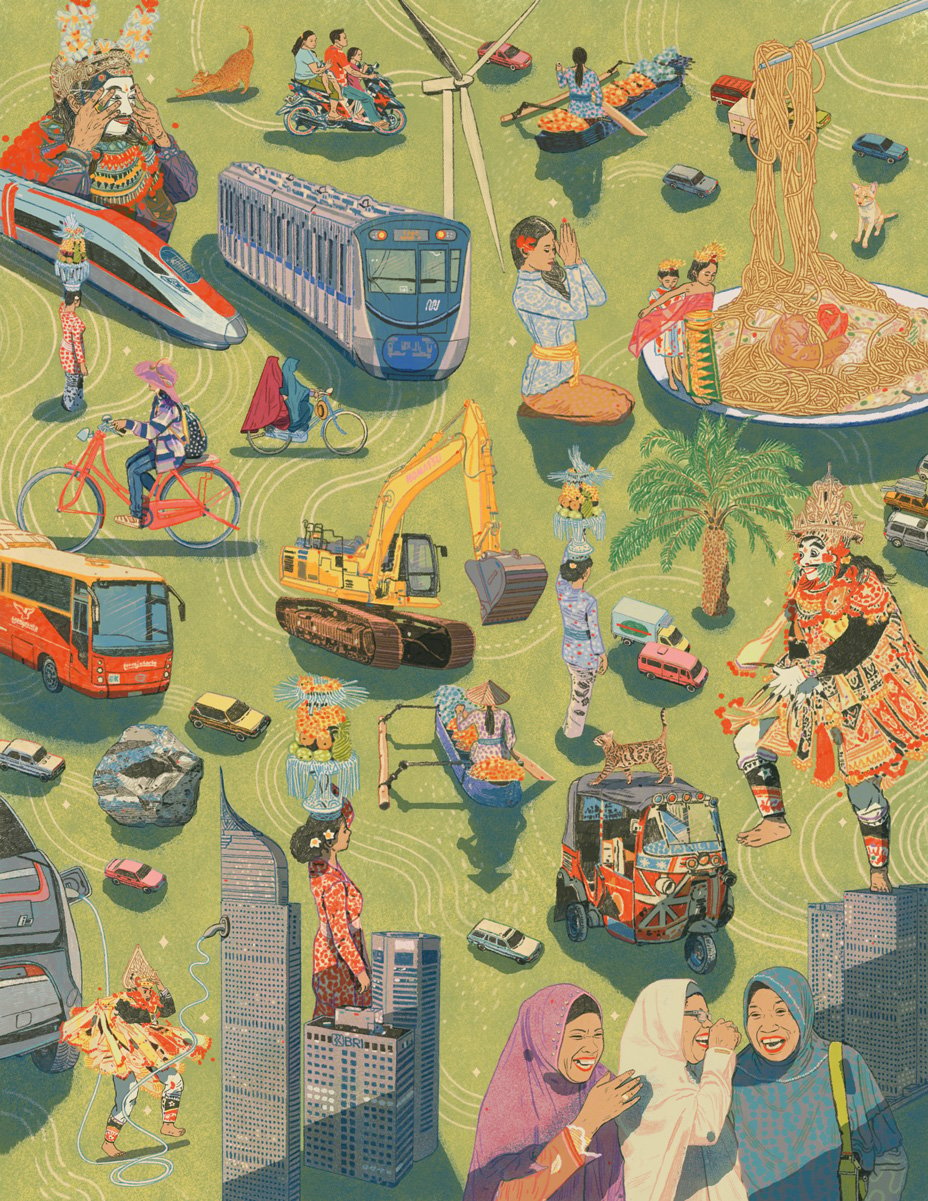
Indonesia’s impressive GDP growth rate is buoyed not just by the success of miners and mineral processors but by companies gaining from its strengthening domestic consumption. Its quarter-billion population is youthful, and the middle class is growing.
One beneficiary is PT Bank Rakyat Indonesia, which we consider the best microlending business of any emerging market. The lender’s branch network across the nation’s many islands is nearly impossible for rivals to replicate. Decades worth of customer data and local knowledge let it price loans effectively and profitably. We see it growing strongly for decades to come.
Astra International is also enjoying the rising tide of prosperity. The well-managed conglomerate distributes cars and trucks, sells financial services and leases heavy industrial equipment. It has a sizeable market share. And it counts Toyota, BMW and Honda among its partners.
Jokowi has successfully deregulated the economy and cleaned up state-owned enterprises. Meanwhile, the internet and smartphones have mitigated the disadvantages of a country spread over 17,500 often mountainous and jungle-covered islands. Indeed, Jakarta is now a leading regional incubator of tech businesses.
Since Jokowi’s election in 2014, he has overseen the completion of 2,000km of roads. That’s more than two-and-a-half times more than his predecessors managed in the three previous decades. In addition, there are new ports, airports and hydroelectric dams. Improved mass transport systems have eased Jakarta’s notorious traffic, and Java now has the country’s first high-speed rail link. After decades when its performance struggled to match both its scale and its natural resources, Indonesia is at last going places.
At the time of publication, in addition to the Pacific Horizon Investment Trust, the following trust was invested in PT Bank Raykat Indonesia, which was mentioned above:
PT Bank Raykat Indonesia - Keystone Positive Change
Important Information
Investments with exposure to overseas securities can be affected by changing stock market conditions and currency exchange rates. The Trust invests in emerging markets, where difficulties in dealing, settlement and custody could arise, resulting in a negative impact on the value of your investment.
The views expressed in this article should not be considered as advice or a recommendation to buy, sell or hold a particular investment. The article contains information and opinion on investments that does not constitute independent investment research, and is therefore not subject to the protections afforded to independent research.
Some of the views expressed are not necessarily those of Baillie Gifford. Investment markets and conditions can change rapidly, therefore the views expressed should not be taken as statements of fact nor should reliance be placed on them when making investment decisions.
Baillie Gifford & Co Limited is wholly owned by Baillie Gifford & Co. Both companies are authorised and regulated by the Financial Conduct Authority and are based at: Calton Square, 1 Greenside Row, Edinburgh EH1 3AN.
The investment trusts managed by Baillie Gifford & Co Limited are listed on the London Stock Exchange and are not authorised or regulated by the Financial Conduct Authority.
A Key Information Document is available by visiting bailliegifford.com

